Spoke to a customer this morning who asked if the fact that his Housing Association windows were old and drafty was the reason why he had condensation and mould on his walls.
I knew what he was fishing for because he said that he had been onto his housing association loads of time with no joy, he wanted me to tell him that the incoming draft would be the root cause of his mould. In his mind there had to be a connection between the cold, damp air coming in and the condensation.
Unfortunately for him this is not the case and it just shows that although as many as a fifth of British housing is said to be damp we understand very little about our own houses and our own environment.
The cold air coming in might well contain a large amount of moisture, especially in the winter, but it will be heated up by our heating systems when it comes into the house, this reduces it’s relative humidity and makes the air less likely to condense.
Condensation and mould growth is a combination of two main factors, firstly the amount of moisture we produce and secondly the surface temperature where the mould and condensation occurs.
We produce the moisture through bathing, washing, showering, cooking and drying washing etc. In winter this moisture laden air stays in the house because we open doors and windows less as it is cold outside.
Surfaces are cold because either they are single glazed windows rather than double glazed, or older, poor quality double glazed windows. Walls have mould growth mainly on the colder north facing side of the house and in the corners where the builders failed to push the insulation right into the corners.
The drafty windows will actually be helping to reduce the amount of mould and condensation that he has because if he had wells sealed single glazed windows then there would less air exchange with outside but the surface of his windows would still be cold for all of the damp air to condense. When the fresh air from outside comes into the house it pushes some of the air that is already in the house out, it is then heated and dried and you would have less chance of mould and condensation occurring.
So should we ventilate more?
This is the question that came up on the Jeremy Vine radio programme a couple of weeks back and the answer, as it is to most questions is – in moderation.
No-one wants lots of cold air coming into their home and the more cold air you have coming in the more hot air you have being forced out. That is hot air that you have paid to heat and it is now being thrown outside. The cold air that you have coming in you will pay to heat and then you will throw it away outside again.
You can see here you need a balance or it becomes expensive. Make sure that you have good extraction fans in the bathroom and in the kitchen and then let a dehumidifier take care of the rest. The dehumidifier will dry the air in the home, reacting to changes in the levels of moisture in the air as you shower or dry washing. Your home will feel warmer, you will have less drafts and your heating bills will be cheaper.
The above is the balance that the Housing Association should be helping it’s tenant achieve and as I wrote last week the Housing Associations should be doing more to educate their tenants and helping them to understand how they can help themselves.

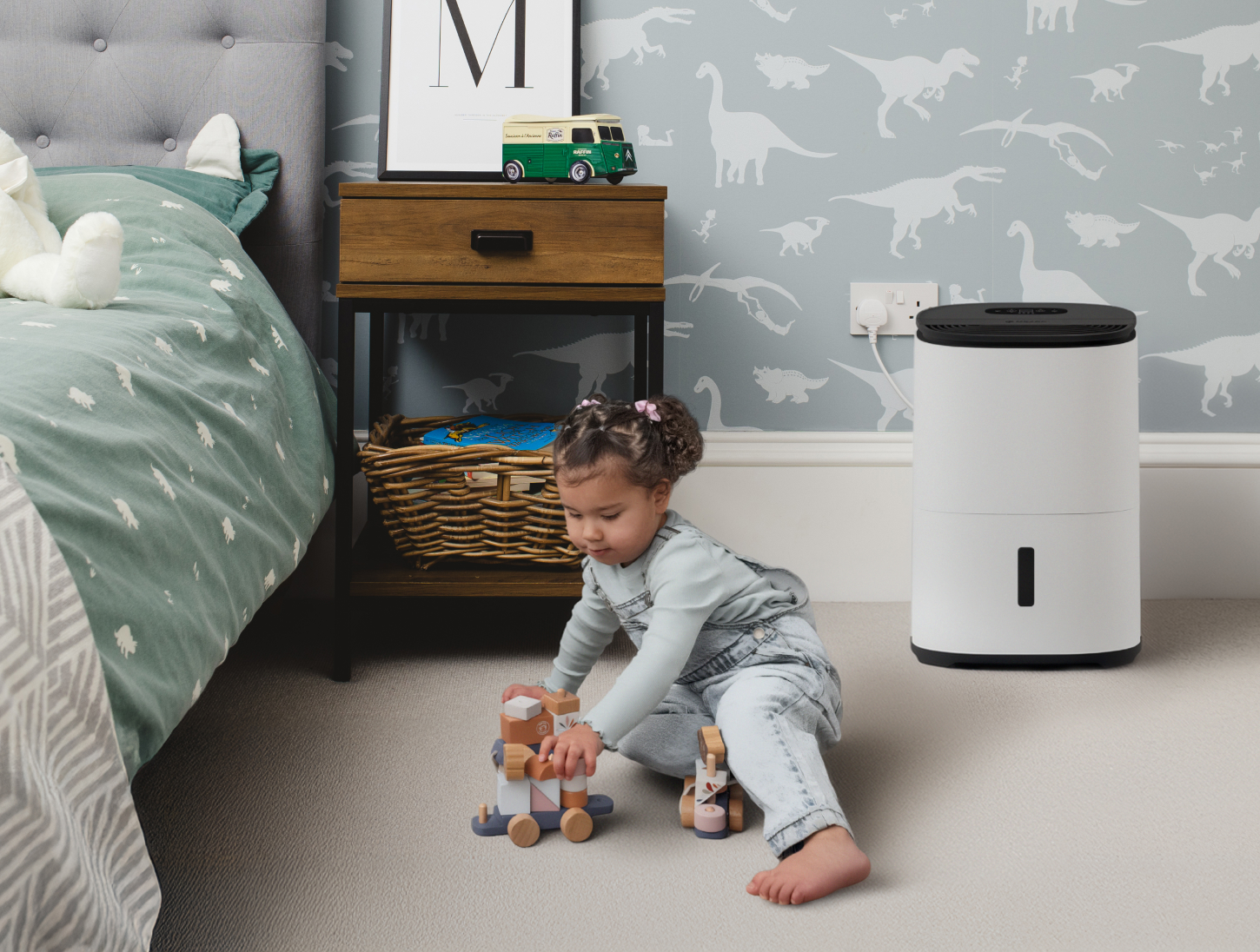
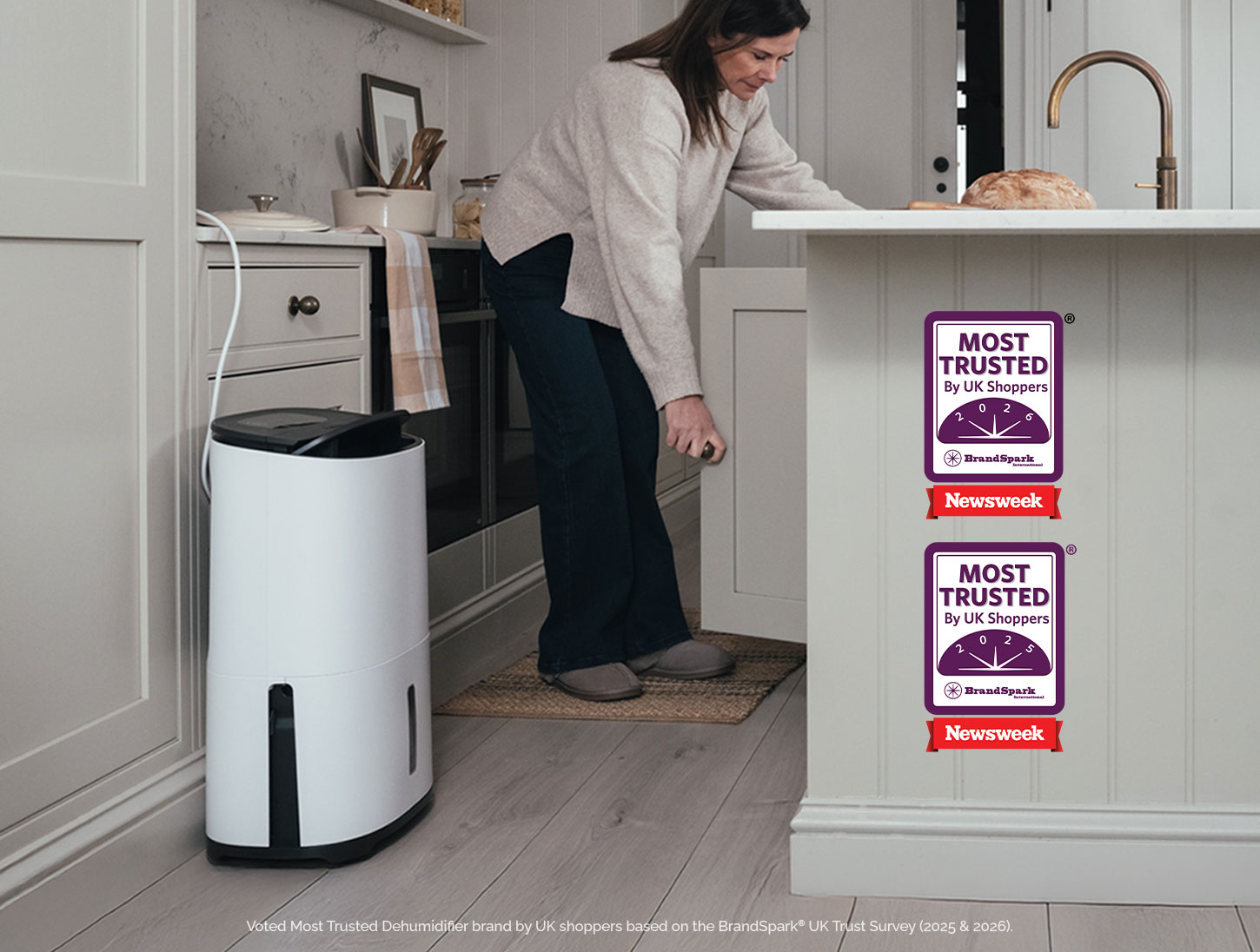
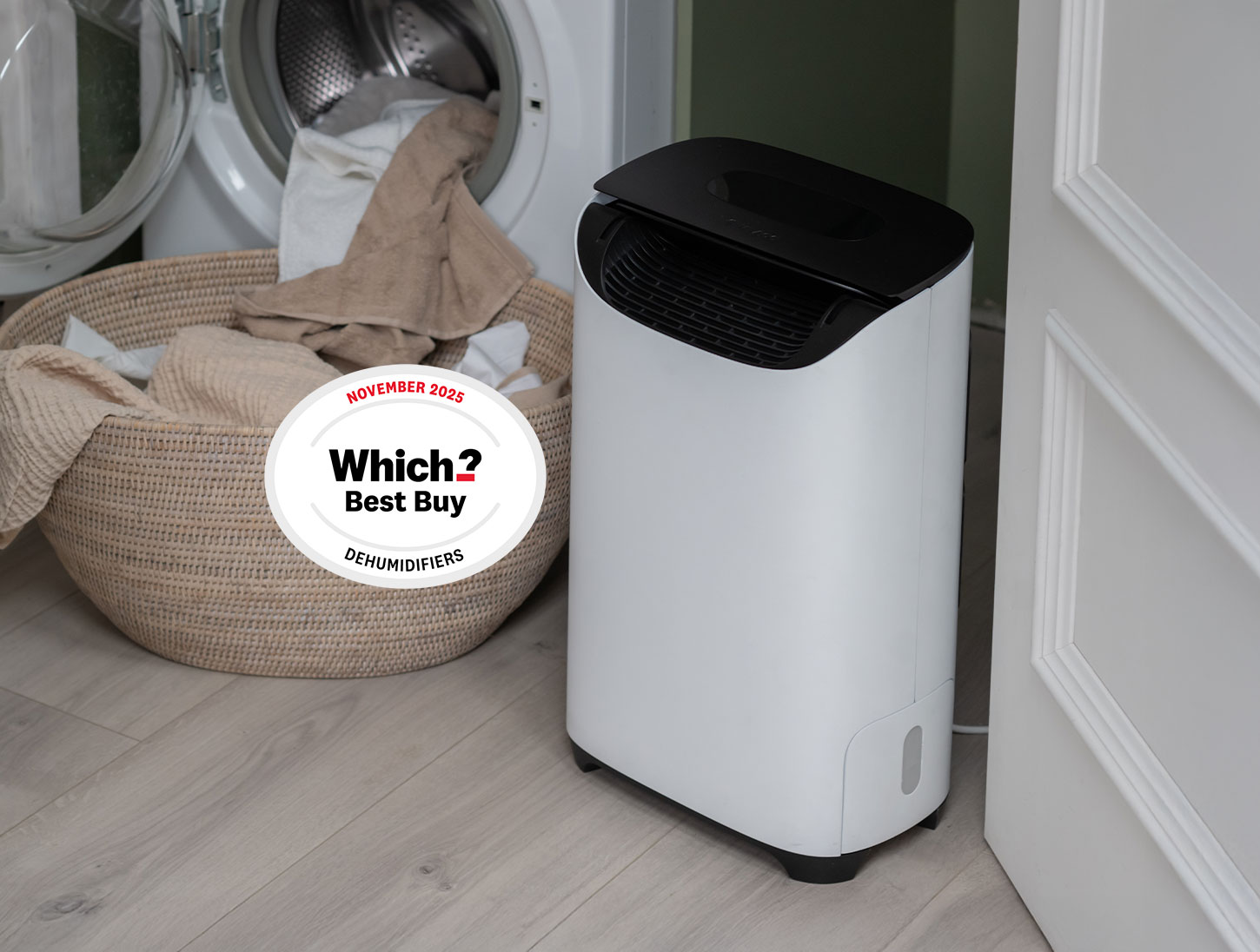
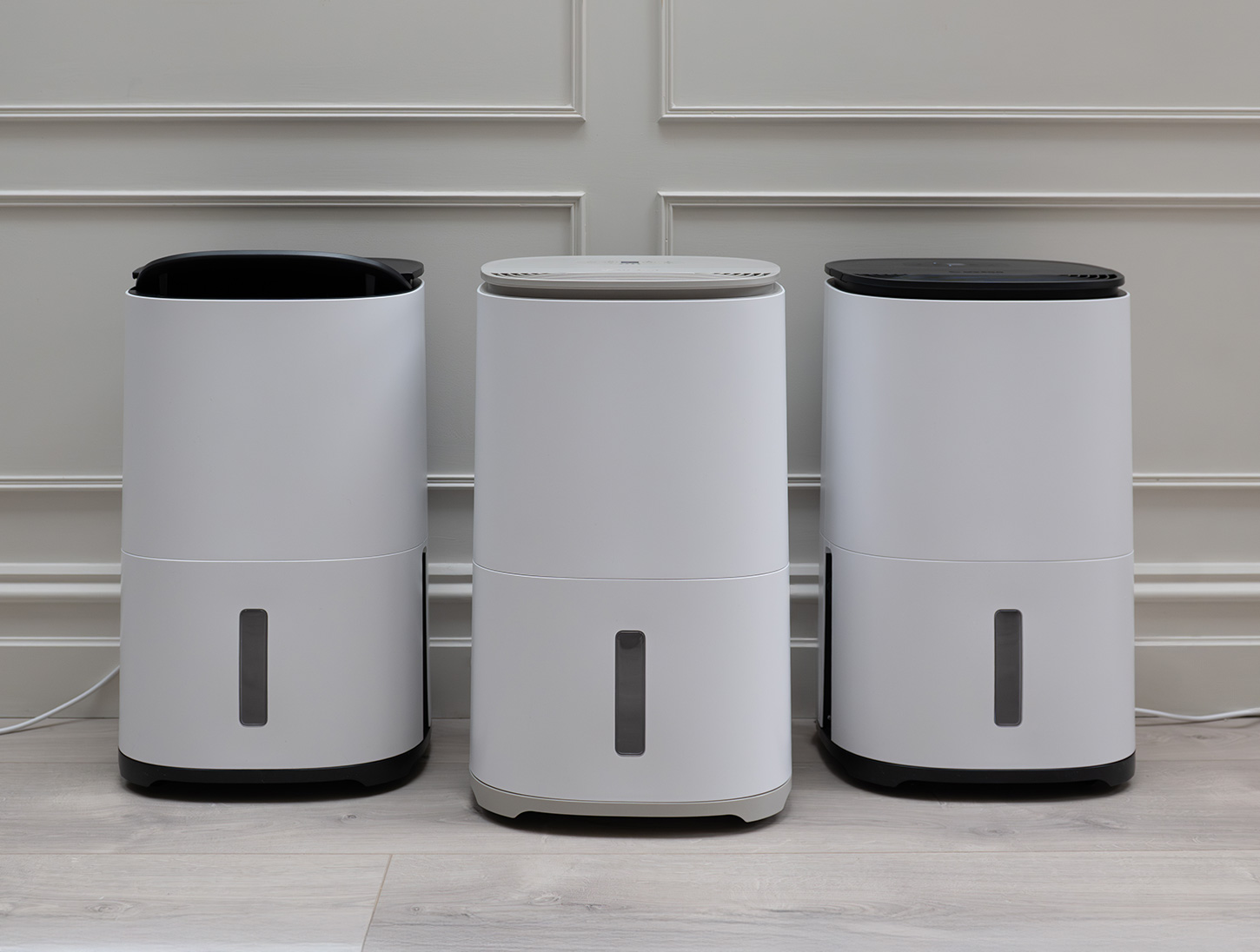
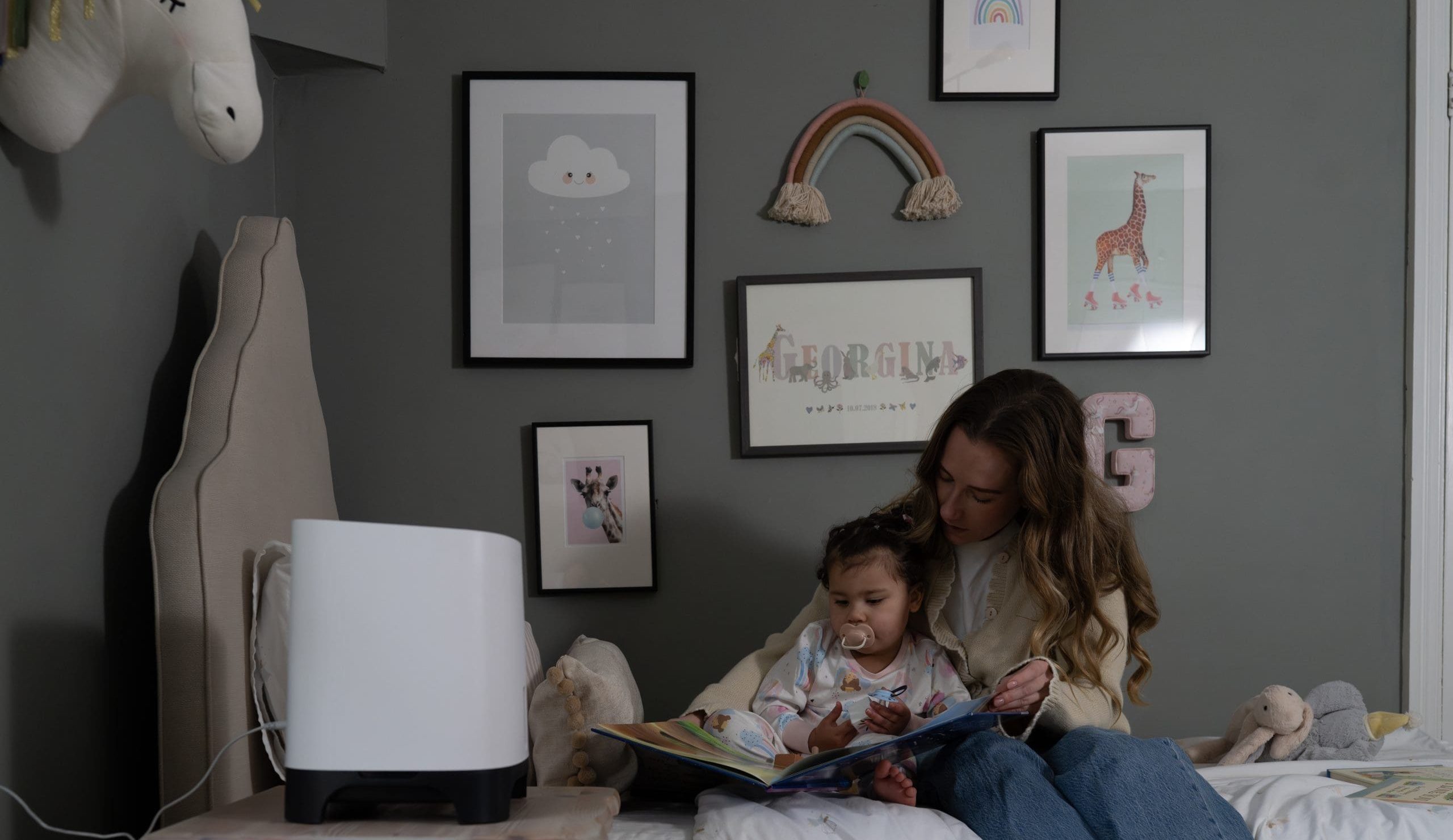

One Response
this is a tough one, because the HA may have done or subcontracted to some poor building works, but then the tenant might be mistreating the property and allowing the damp to build?